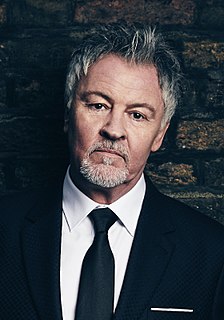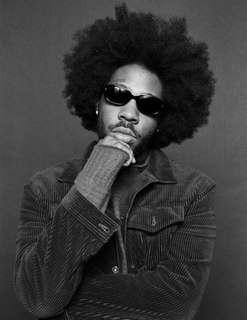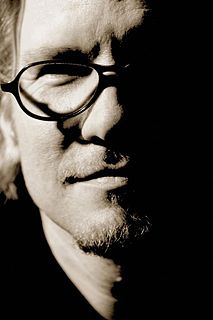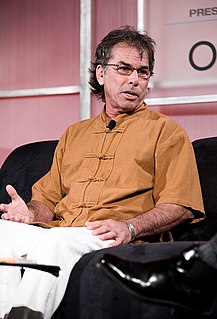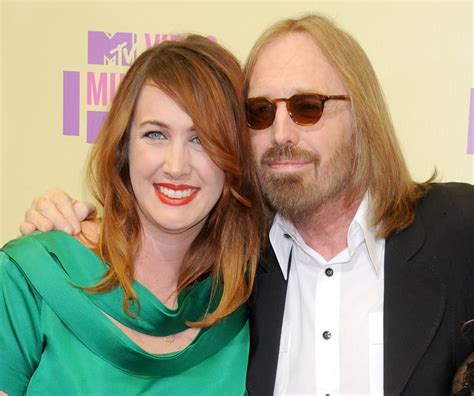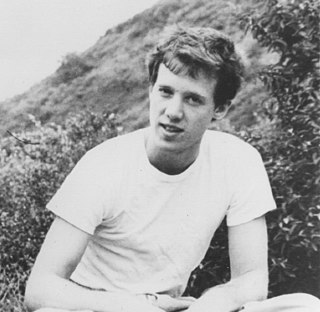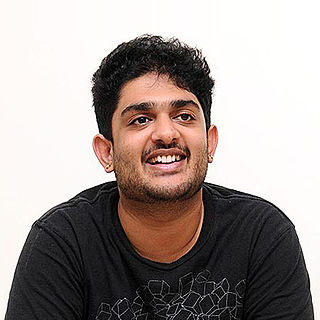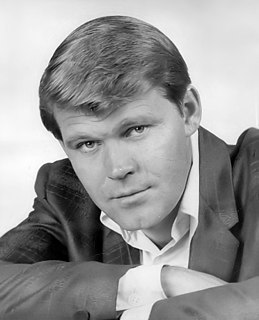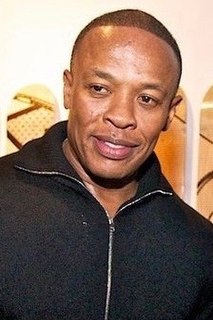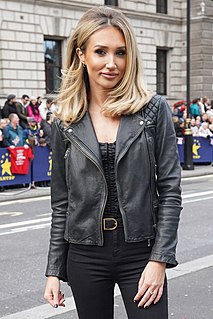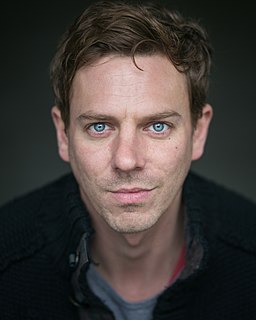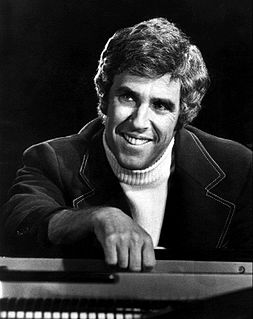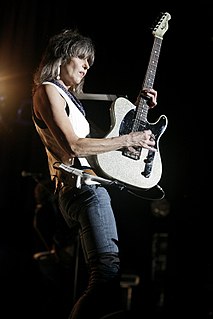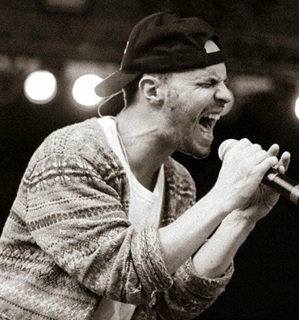A Quote by Paul Young
I wanted to do music at school but they discouraged it. If you did music you couldn't do technical drawing, which meant you couldn't work in engineering and as Vauxhall was the local employer that's what we were all being groomed for.
Related Quotes
I started piano lessons at age six but didn't take music seriously until I was a teenager, when I thought about a career in music. I studied classical music, and my instruments were guitar and piano. I played keyboards in bands, and after high school I went to Vienna to study at the Academy of Music. I also became a session player, which culminated in my work with Tangerine Dream.
